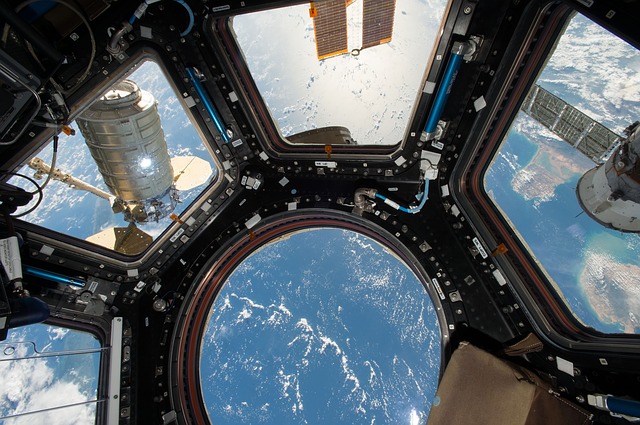Medical science often benefits in untold ways
From the many space travel flight projects that may seem completely unrelated to health and disease. The health benefits come from the experiments on medicine, physics, data systems, and engineering to say just a few.

The current Mars Science Laboratory will expand our health knowledge to use the low gravity environment of space called micro-gravity, for scientific experiments many of which are dedicated to advancing medical knowledge.
Past Space and Scientific Experiments in Medicine
Protein Experiments: which use microgravity to grow proteins in a much purer form that can help guide drug development for human diseases.
Prostate Cancer: cells studied to identify new cancer genes.
Testing of Bacteria: and other microbes which would give insights into treatments for infectious diseases.
Health Benefits From Space Travels Developments:
Body Images: Present imaging techniques that allow doctors to see into the human body were developed from technology used by NASA to enhance pictures of the moon.
Chromosome Analysis: Another type of high-end photography enhancement that helped probe photos of the moon can now find chromosome defects in less than 10 minutes — a test that once took several hours.
Baby on Board: The health of fetuses in the womb can now be monitored with tiny transmitters first created for measuring astronaut’s blood pressure and temperature.
Brittle Bones: Hospitals now use instruments to measure bone strength in patients with osteoporosis and other bone diseases that were developed for measuring bone loss on space flights.
Cool Suit: A “cool suit” made by NASA for the Apollo missions is now helping multiple sclerosis patients manage their disease.
Other areas of medicine that have benefited indirectly from space research are muscle physiology and disease, sleep regulation, robotic medicine, bacteria detection, wireless telemetry (transmitting data through space), and heart health.
Ultrasound technology
Scratch-resistant Lenses
Memory Foam
Ear Thermometer
Shoe Insoles
Water Filters
Invisible Dental Braces
DeLucas, who flew on the Columbia shuttle flight of 1992 and is now a professor of biochemistry and optometry at University of Alabama-Birmingham, is very aware of the positive influence of space medicine. “The greatest benefit to life on earth is the technology that is gained. Space makes you think differently and look ‘outside the box.’ It is very difficult to predict now, but there is no doubt that this research will benefit medicine.”


